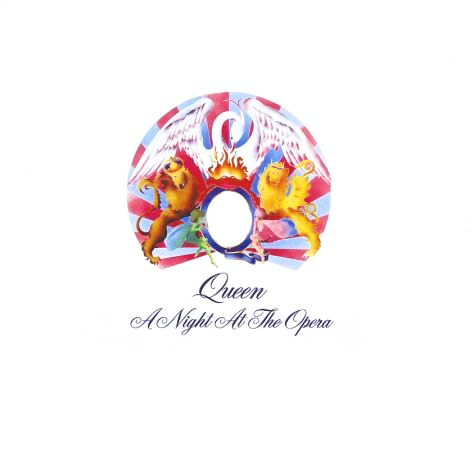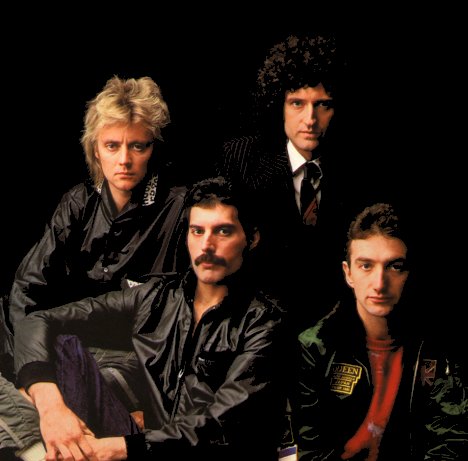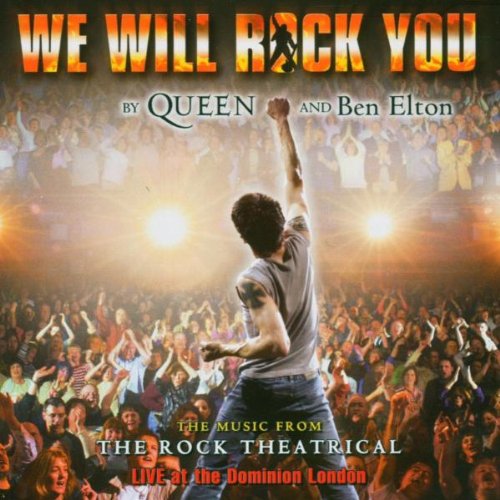03-12-1976 – The News (Port Arthur, TX) – Queen Mercury Rises
This article also ran in the The News Journal (Mansfield, OH, 03-21-1976) under the headline “Queen Next Supergroup?” It was also featured in the Howland Bandwagon (OH, 03-31-1976) under the headline “A new British supergroup?” It was also featured in the Bucks County Courier Times (Levittown, PA 04-08-1976) under the headline “Queen may be next Supergroup.”
Freddie Mercury has a clear, powerful voice and a sculptured face narrowly saved from too prettiness by protruding front teeth and a antern jaw. He plays a fair piano, has asuperb sense of timing and looks better in skintight satin than anyone in memory.
Mercury is lead singer for Queen, a band that gives every indication of becoming the first genuine ‘British supergroup since Yes. With roots firmly embedded in the late-60s tradition, Queen is one of the most sophisticated rock bands ever. Running against a recent shift toward the rock ‘n’ roll fundamentals, Queen’s music is complex and many-faceted, balanced and frequently delicate.
They are tremendously popular in the ephemeral British market. All four of their albums were in the top 25 at once recently and their latest single, “Bohemian Rhapsody.” sold more than a million copies — an awesome feat for so small a country.
One of the main characteristics of Queen’s music is diversity. Their fans never know what to expect from a new record.
“We’re not a band that sticks to a formula” says Mercury. “I think by now our fans know that every product, it’s going to be totally different from the last one. We just want to experiment – there are so many different things that we want to do.”
In concert, Queen, are polished, professional and refreshingly unpretentious, especially in view of the sophistication of their music. There is an orchestral quality to even their hardest rockers, surprising in a band that is essentially an instrumental trio with a singer.
Queen’s tight, clean, four-part harmonies are made more effective because they’re used sparingly. They even have enough confidence in heir music to throw away a cutdown version of their biggest U.S. single hit — “Killer Queen” – in the middle of a medley.
Their lastest album is “A Night At The Opera” (Elecktra 7E-1053). IT is not fortunately a rock opera – nor even a “concept” album. It is a wellcrafted and diverse collection of songs, ranging from near-comedy to near heavy metal, unified by an overriding tastefullness ordinarily foreign to rock ‘n’ roll.
“Opera” was recorded at a total of seven studios – one in the Welsh countryside, the others in the London area — over a period of three and one half months. Toward the end, faced with a scheduled European tour, the band was using two and three – studios simultaneously to hasten the final overdubbing and mixing process.



